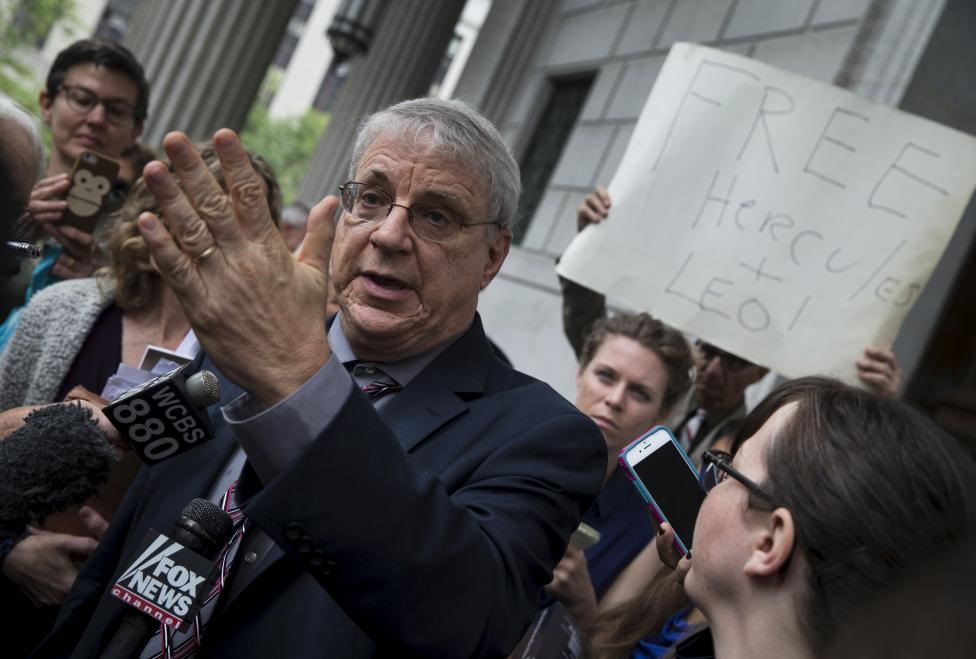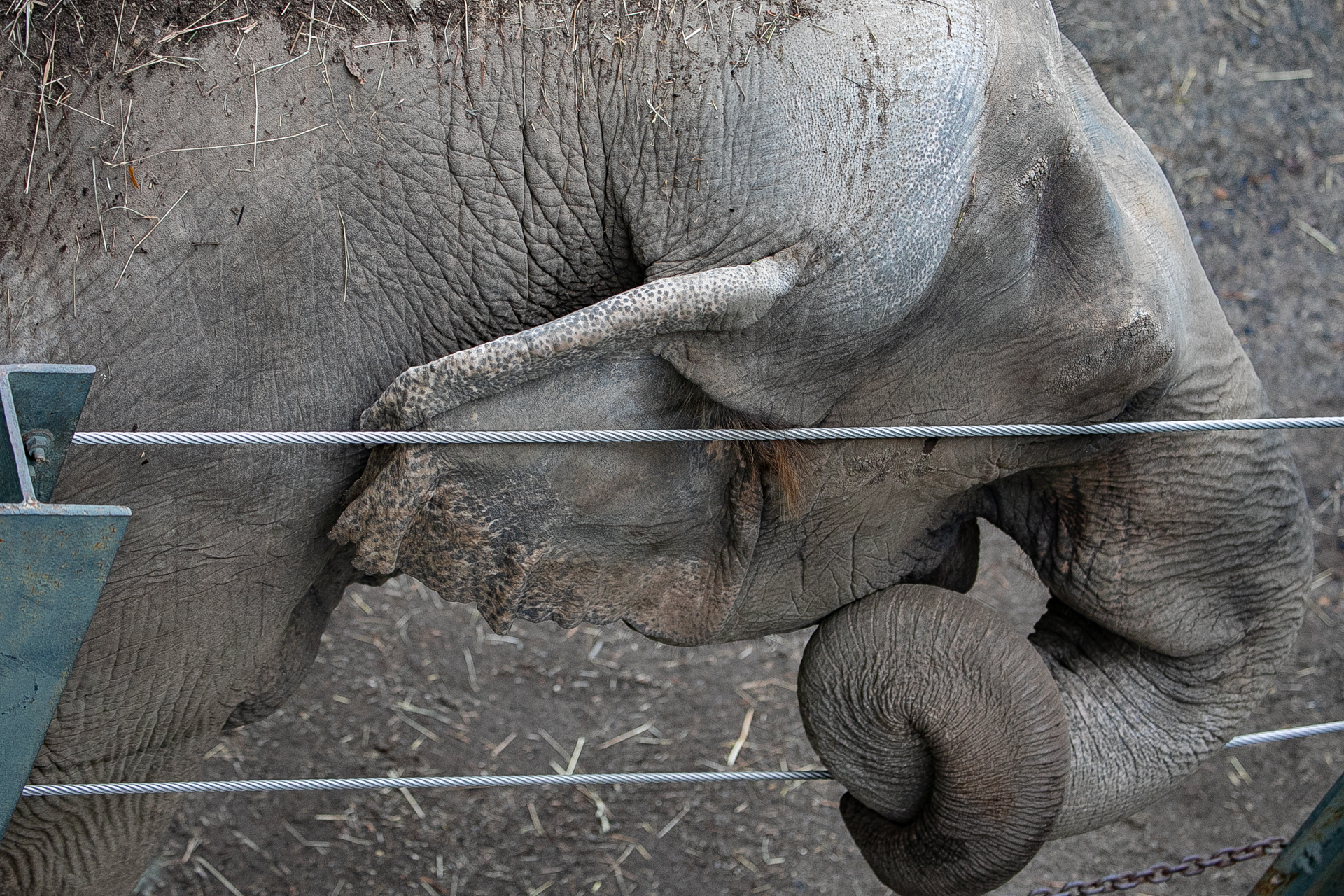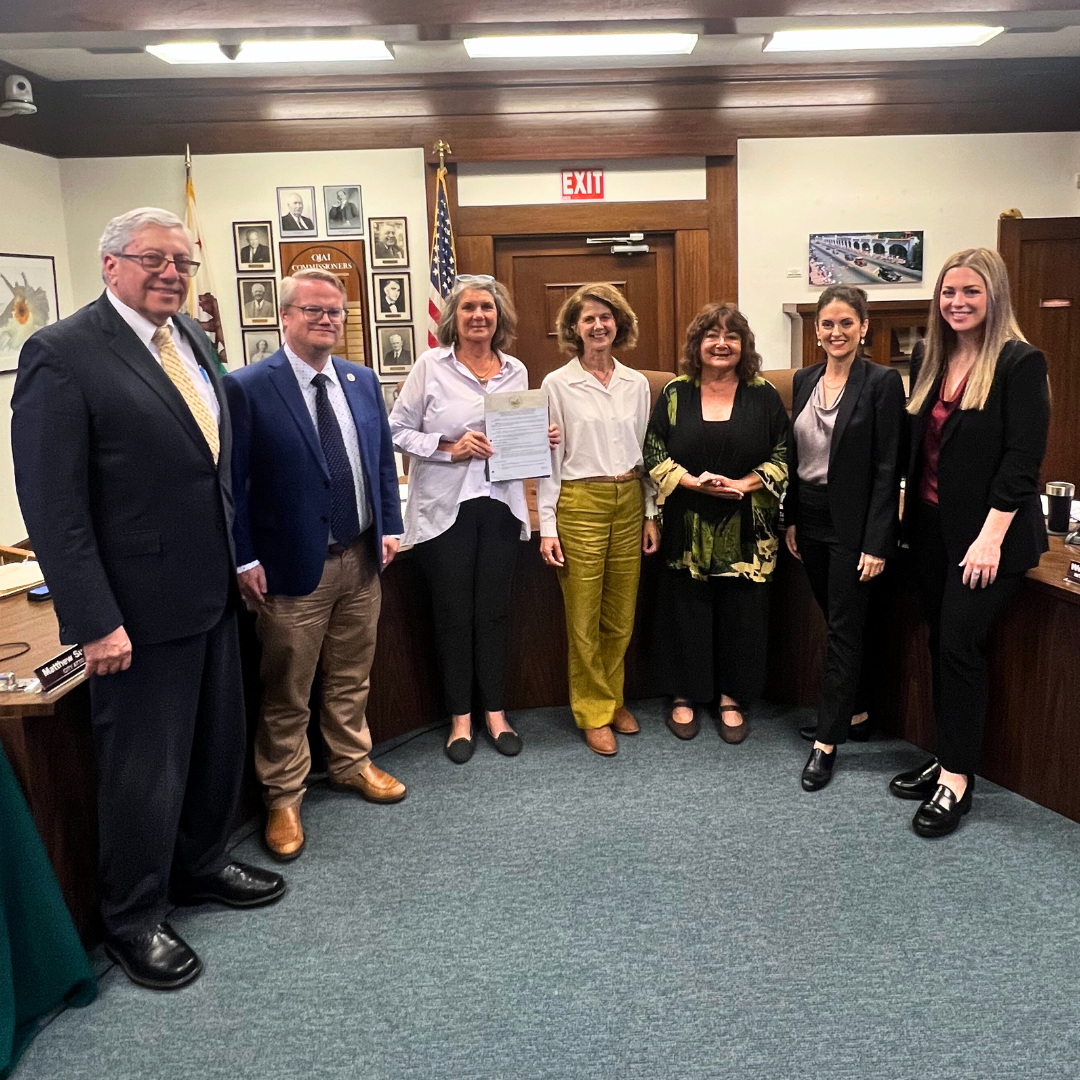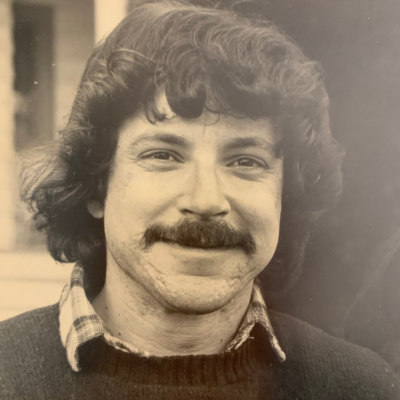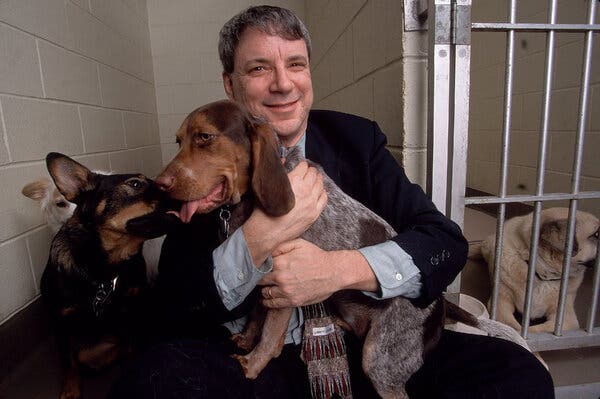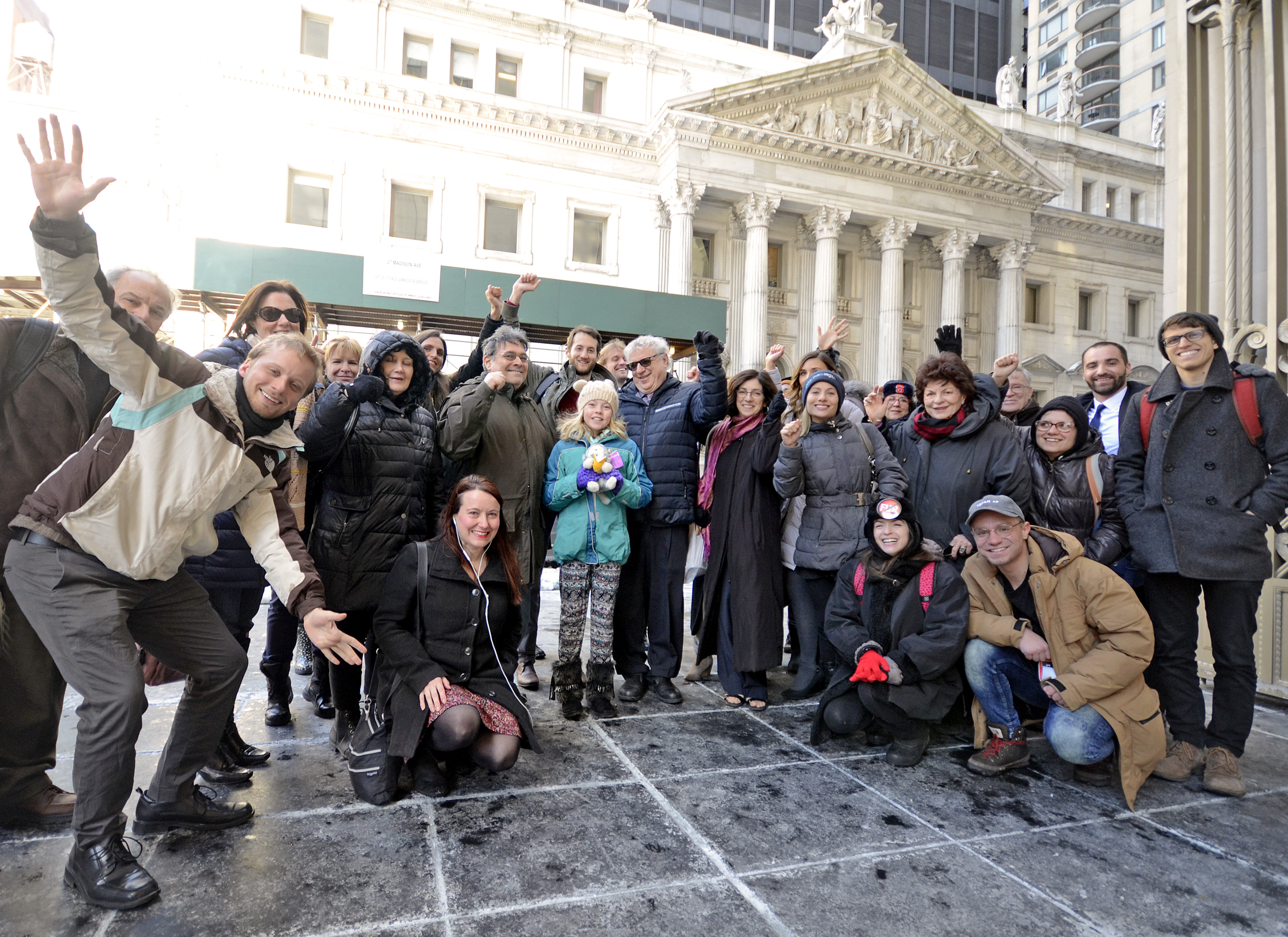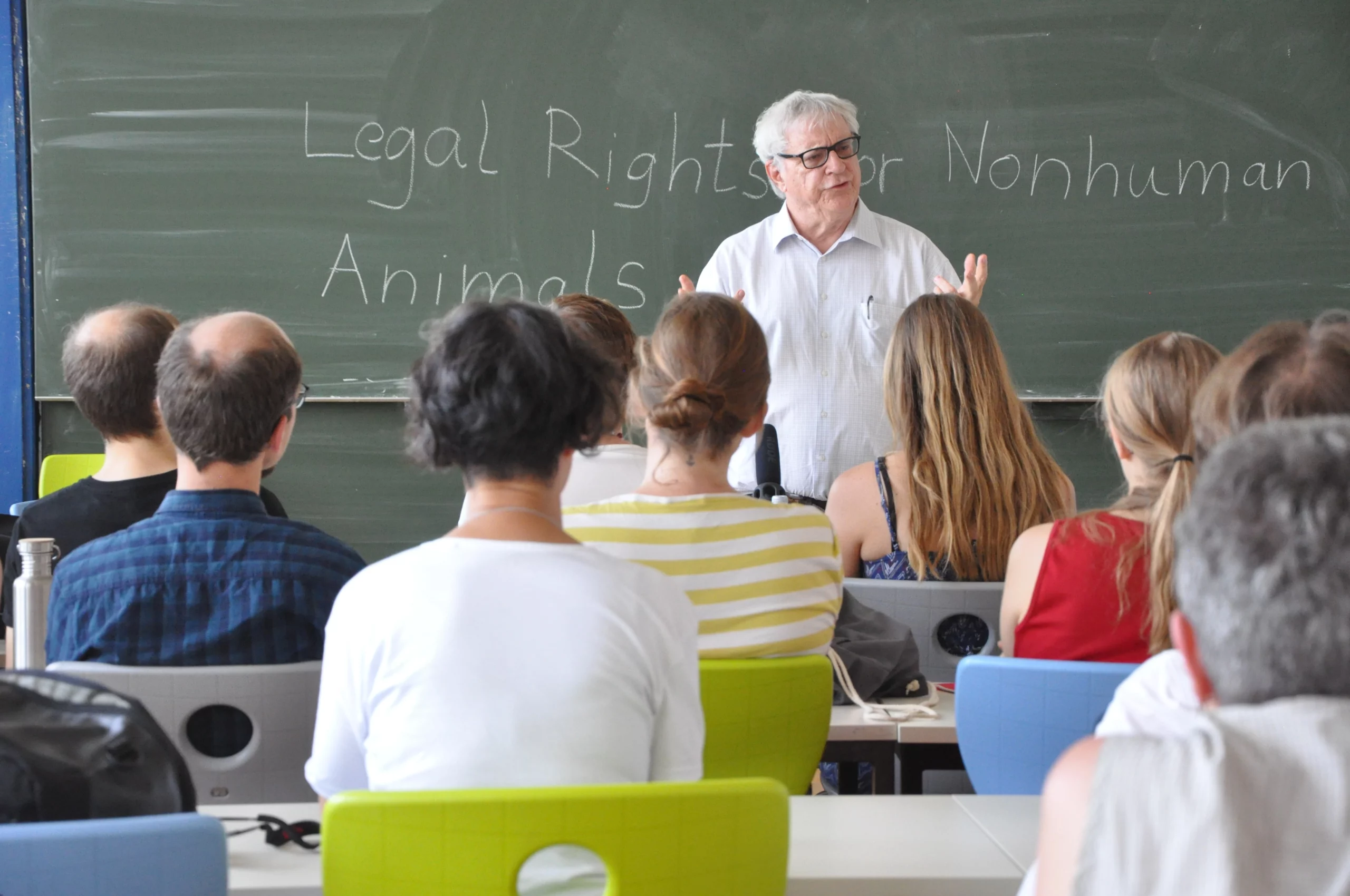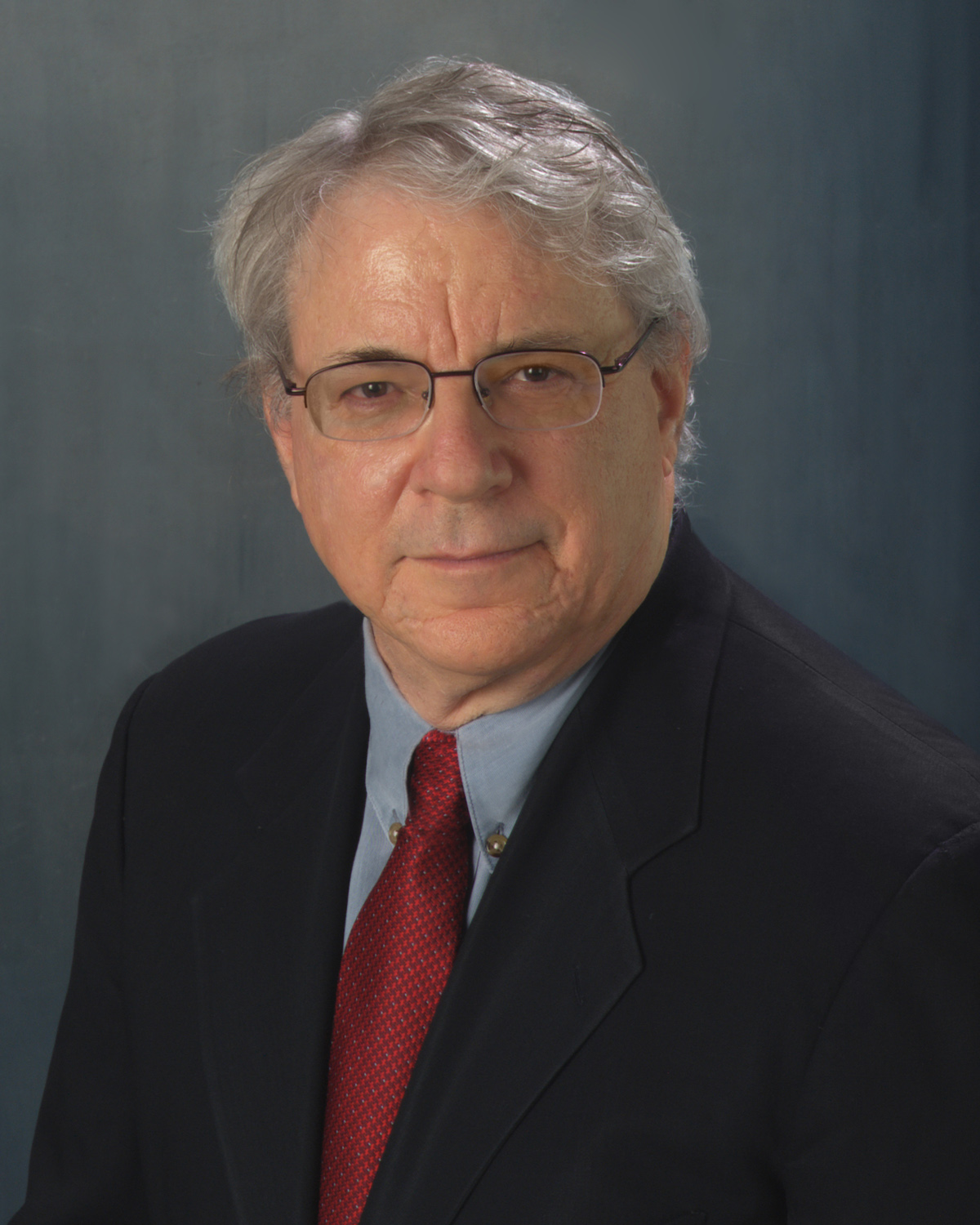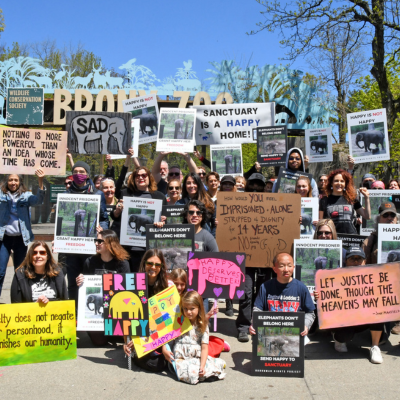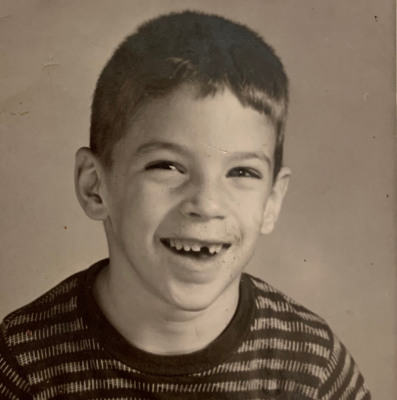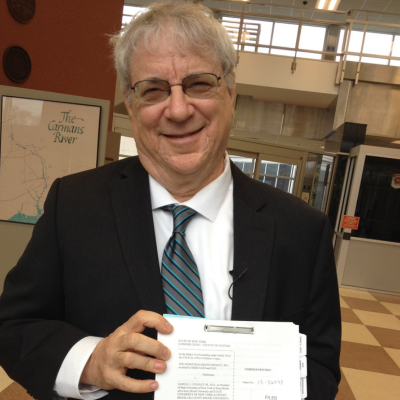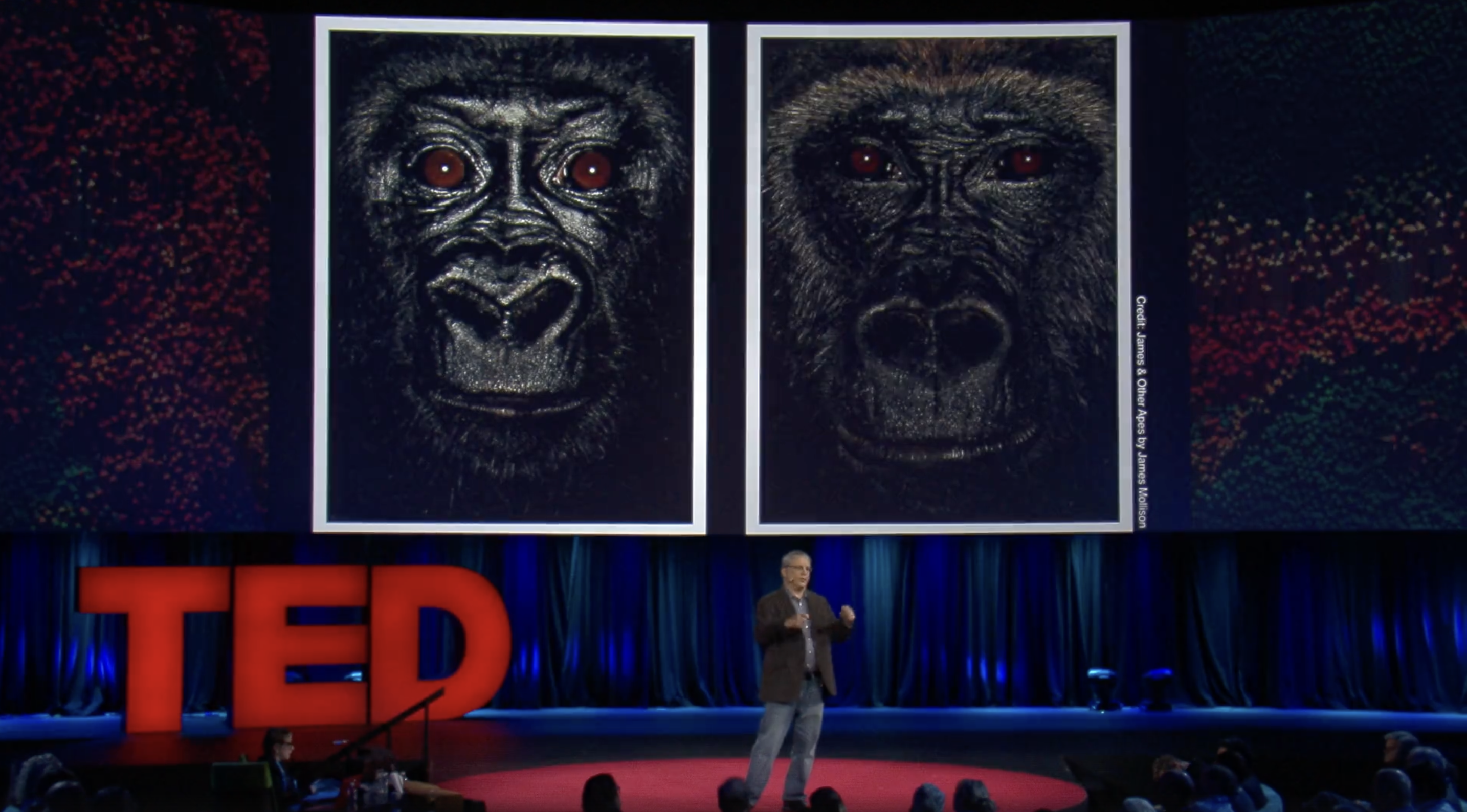
Steve's vision
For centuries, the majority of humans have viewed nonhuman animals as less than and fundamentally different from us. This mentality has enabled the exploitation of nonhuman animals on a vast scale and become embedded in many of our institutions–including courts and legislatures, where nonhuman animals are considered “things” with no rights. Steve dedicated his life to bringing nonhuman animals’ legal status into the 21st century and exposing and ending the injustices they endure because they’re rightless. His vision of a world where nonhuman rights are recognized alongside human rights lives on, and the NhRP remains the only organization of its kind in the world.
